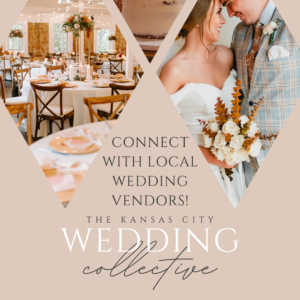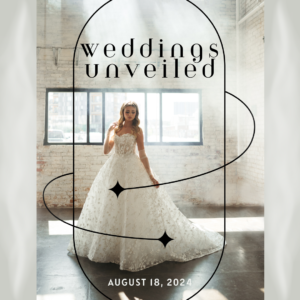
Finding the perfect wedding professionals to be apart of your wedding day can be daunting and it is important to avoid contractual confusion. You spend hours searching on the internet, send endless emails inquiring on date availability, and arrange meetings with the elite on your list with the hope that you will find a match. The process, as a whole, can be tiring. So alas, when you find a professional that you cannot picture your wedding without, you will go to leaps and bounds to get them to say “Yes” to your dream wedding.
While it is not common for companies to flake on couples, there has been an instance or two that have brought light to the importance of understanding contracts. You don’t want to go in full-on panic mode at your rehearsal dinner because you have yet to hear if your cake is going to show up the next day; or even worse, you don’t want a photographer to shoot your wedding and then never give you the images. Ensuring that you follow this protocol when hiring a professional will guarantee that you are protecting yourself from harm’s way.
1. Read the Contract
Don’t immediately skip to the signature line on the back page. Read the contract you have received slowly and thoroughly. If you are meeting directly with the professional and want to time to review it in private, simply ask to take it home and return it at a later time. Some contracts have been written by lawyers, and therefore, the jargon can be confusing. Highlight and write down questions on any portion of the contract that you do not understand. Then email your questions to the professional and have them reply back to you with clear and thorough answers. Save the response as a paper trail in case there are any future complications. When you feel completely comfortable with the content included in the contract, go ahead and sign!
2. Breakdown All Pricing
Eliminate the possibility of pop-up fees by having a payment schedule finalized prior to signing the contract. Whether these fees are line-itemed in the contract or on an attached addendum, you will want to get a dollar figure of what you will pay the vendor based on the services they will be providing you. You should also have them illustrate how much is required as a deposit, how much will be remaining after the deposit is paid, and when the final payments are due. Some professionals, such as the florist, caterer, bar supplier, and rental provider will have fluctuating totals based on the final guest count. It is still important to ask these providers for an invoice prior to signing a contract so that it will bring to light any hidden fees that you are not aware of.
3. Request a Signed Copy
Don’t assume that your signed contract means anything to you without their signature on it too. While a signed agreement surely saves the date for you on the professional’s side, it doesn’t help to protect you in case a problem should occur. It is imperative that you get a signed contract back from your vendor with a representative’s signature and the date.
4. Get Signed Addendums
Ensure that changes you make on the initial contract are legally recognized. It is common for the details of contracts to change during the course of the planning process. For example, you may want to change the event times listed on the contract, or add on a-la-carte services that you hadn’t previously contracted. When changing or adding items to a contact is important to create an addendum with the details of the change, and have both yourself and the vendor sign and date. Changes made verbally are not contractually binding and therefore can leave you vulnerable if a discrepancy should occur.
Like this “Contractual Confusion” and ready to see more? Continue viewing more inspiration on our blog.






